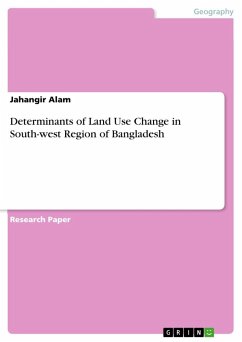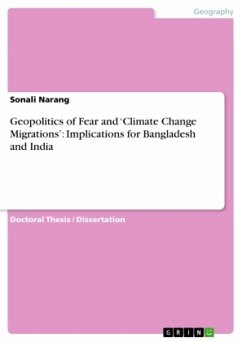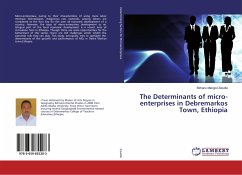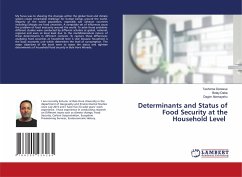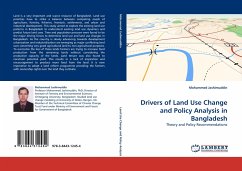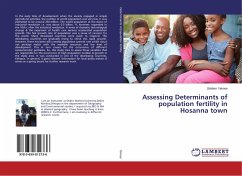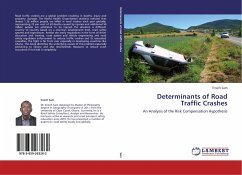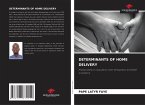Research Paper (postgraduate) from the year 2014 in the subject Geography / Earth Science - Physical Geography, Geomorphology, Environmental Studies, grade: A+, Khulna University (Economics Discipline), course: BSS (Honrs) in Economics, language: English, abstract: Like all other parts of the world, land use patterns in Bangladesh especially of south-west part have been observed to change rapidly since late of 20th century. Lands of south-west region were generally used for rice farming since the middle of 20th century but polderization project of Bangladesh during 1970s caused major changes in land use pattern either through transformation or modification of land cover and cropping. Literature shows that single cropped rice areas of past decades have already been cultivated twice or thrice per year while some such lands have already been converted for shrimp farming. This paper examines the determinants of land use patterns and their corresponding changes (i.e. rice and shrimp farming) over time at pirozpur village of Kaligonj upazila under Satkhira district of Khulna division in Bangladesh. The study is being done on the basis of cross-sectional data collected from the decision maker or head of each sample household. Here data have been collected through questionnaire as well as focus group discussion from a sample size of 80 households; each forty from shrimp and rice farming. Here logistic regression considering rice farming land as the reference dummy as well as cost-benefit analysis is being done to know the extents of land use determinants. However, the study area being close to river Hariavanga, shrimp farming has become predominant in the study area and young people are more interested in shrimp farming than in any other land use alternatives. Analysis shows that cost free irrigation for shrimp farming as well as higher profit, lower cost and available inputs are the major factors of increased shrimp farming in the study area. The study also finds that if rice can be cultivated thrice per year then shrimp is less attractive while there lacks training facilities for the rice farmers which may cause dissatisfaction to land owners causing conversion of rice land into shrimp. Available land holders primarily decide their land use pattern based on short run cost benefit calculation rather than long run impact of land use in their livelihood as well as ecology. The study finds age, natural calamities, family type and availability of credit to be negatively related with shrimp farming while land engagement process, accessibility, economically active family number, proximity to service sector, neighborhood land use patterns, land ownership and land rent to be positively related.
Hinweis: Dieser Artikel kann nur an eine deutsche Lieferadresse ausgeliefert werden.
Hinweis: Dieser Artikel kann nur an eine deutsche Lieferadresse ausgeliefert werden.

